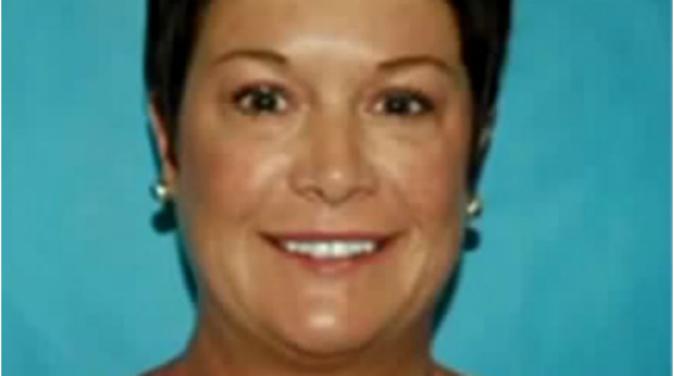Andrew Kornfeld was thrusted into the spotlight when his father, famed addiction specialist, Howard Kornfeld sent him to the home of legendary musician, Prince, on his behalf. It was Andrew Kornfeld who dialed 911 after Prince was discovered unresponsive in his elevator.
Now the University of California, Santa Cruz, graduate has written an essay for CNN published on June 3.
“I know many of you are eager for details; understandably, you want to know what transpired that day. Believe me, nothing can prepare a person to walk into such chaos and sadness,” he wrote. “As I told the 911 dispatcher on April 21, those on the scene were distraught, which was why I was the one to place the call. But what happened has made me think, long and hard, about what steps we must take to prevent such entirely unnecessary loss of life.”
The investigation of Prince’s death was completed on Thursday, June 2, and findings concluded that the “Purple Rain” singer died from an accidental overdose of fentanyl, according to the Midwest Medical Examiners Office.




